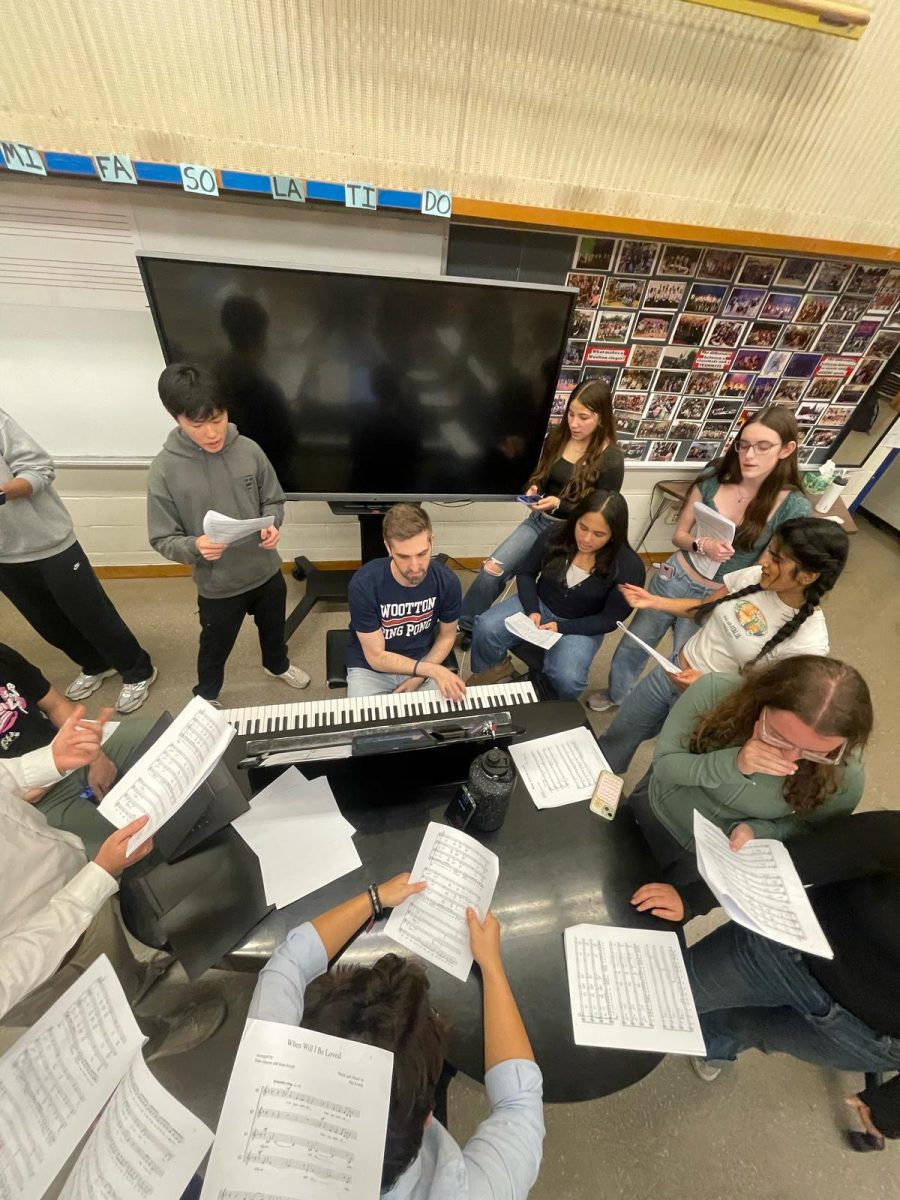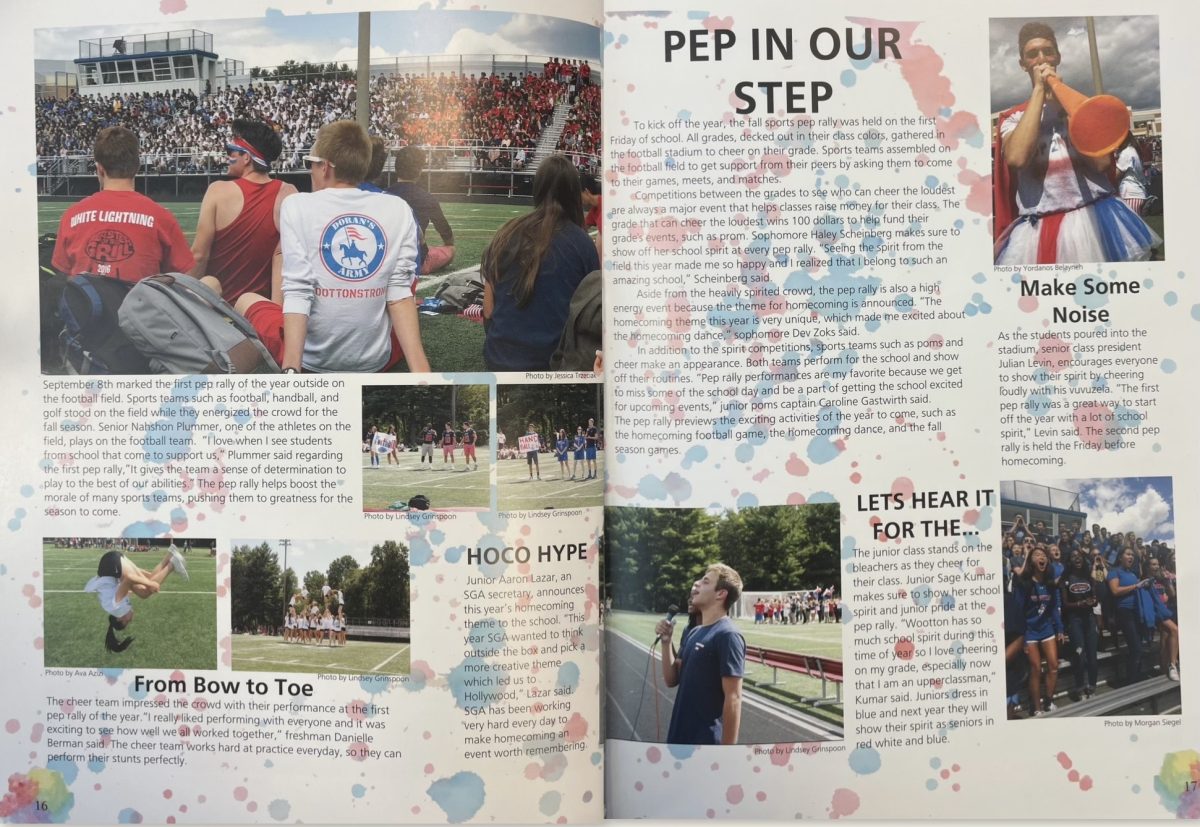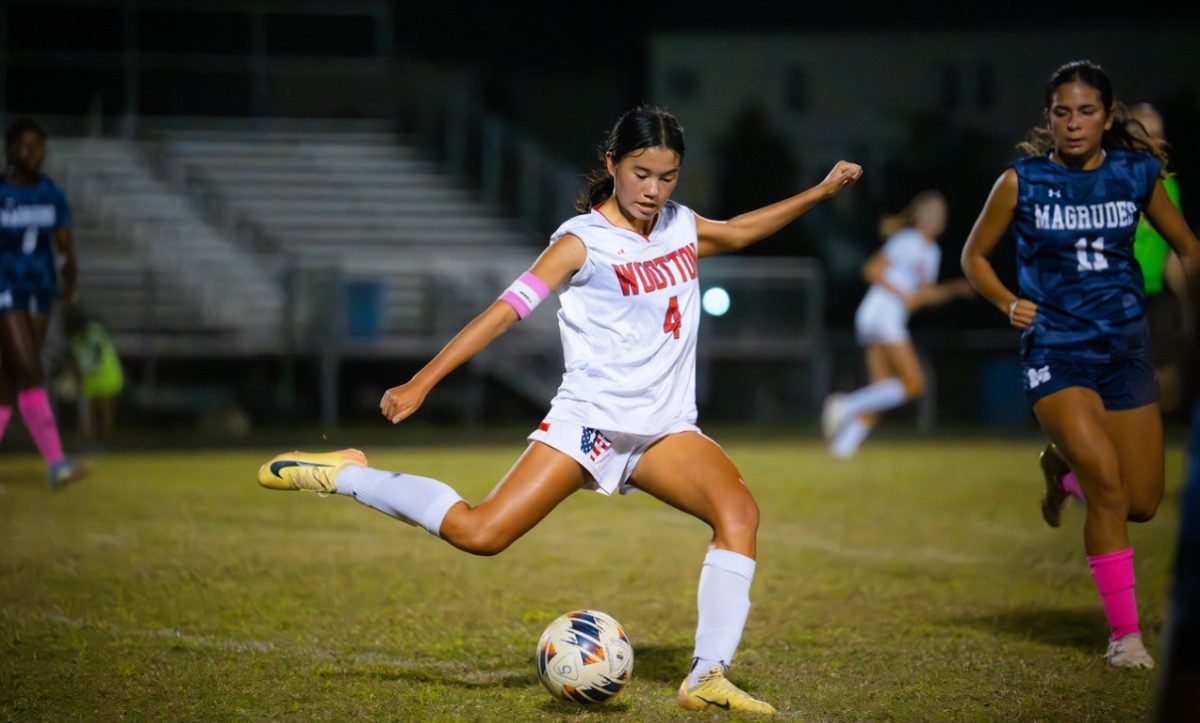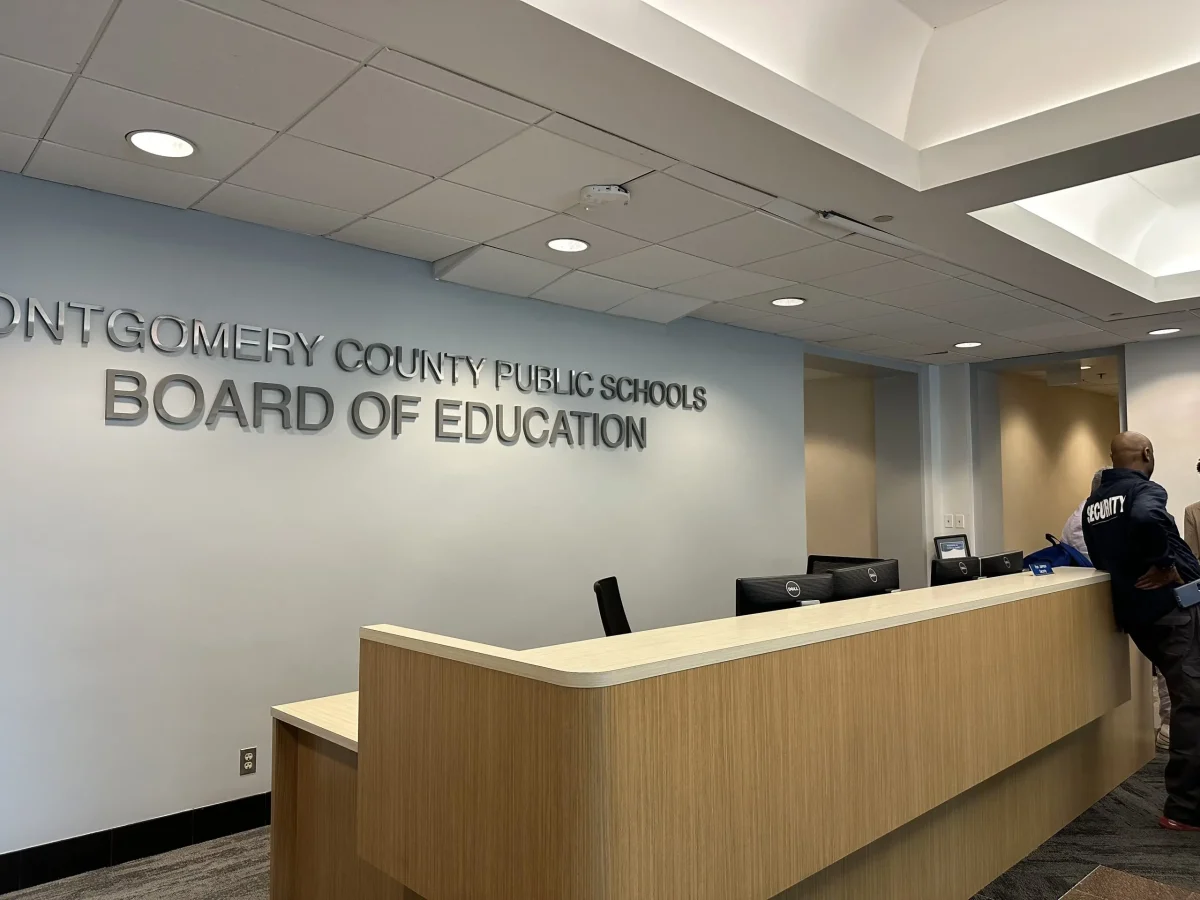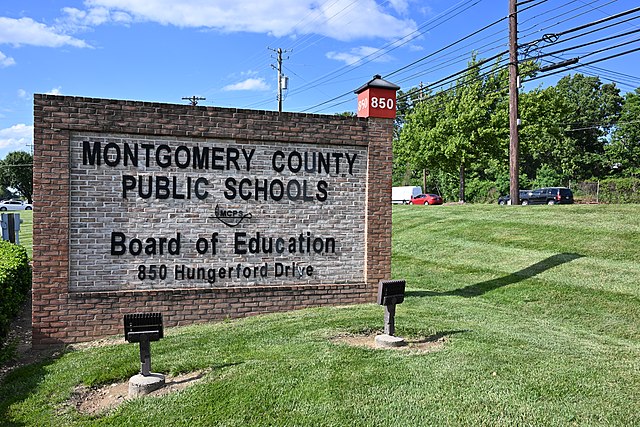“The only way to make change is to force the uncomfortable conversations.” Over the summer, my internship coordinator, who also happens to be the founder of the county-wide Minority Scholars Program (MSP) gave me this advice, and it has shed light on the power of increased communication ever since.
I will admit that until Unity Week, I have mostly shared my views about equality in what I would consider more “comfortable” spaces. I have had numerous opportunities to speak to teachers, administrators and students from all across the nation about the importance of equality and unity in a school environment. Each time, the audience came out to hear my group at their own discretion, and our remarks were met with extremely positive feedback. But, more centrally, throughout the hallways, on social media platforms and even in our classrooms, I witnessed many students openly express that they didn’t like the conversation surrounding inequality because it made them feel awkward and slightly depressed.
The Student Government Association’s (SGA) objective with Unity Week was to offer minority students who feel underrepresented and feel that they lack a voice in our community with a safe outlet to share their stories of discrimination on a school-wide platform. In addition, we worked to obtain suggestions from these students on how the rest of the population could help to better promote diversity in the school environment, and shared that information.
Each activity throughout the week was carefully planned to ensure that there was no offense to anyone, and that each activity served a particular purpose. By reciting students’ anecdotes on the loudspeaker and by making the introduction video (in which students shared their experience with discrimination) mandatory, we hoped to challenge everyone by forcing them to embrace difficult conversations around the emotionally-charged topics of race, sexuality and gender, instead of taking the easier route and simply ignoring that these problems exist in our community.
I also heard students voice that this week was unnecessary since “everyone at Wootton is treated equally.” As a member of the student government, I can attest to the fact that many students have expressed to various representatives that they feel that their minority group has a lack of voice and representation in our school environment. The SGA felt that it was essential to address this concern, especially in light of recent political circumstances, which have resulted in an even higher number of students feeling a larger sense of insecurity. So by asking our student body for their own stories, we proved that by listening to their peers and delving deeper into the subject of inequality, minority groups are, for the most part, willing and even excited to talk about their background, creating a more diverse environment overall.
Many minority students also expressed that stereotyping and discrimination, whether from students or teachers, still has a large impact on their educational experience. By enabling these students to share information about their cultures and their stories of hardship, this leaves less space for false assumptions and generalizations about minority groups.
In addition, we appreciate that it is hard to identify with someone who is extremely charged about a particular topic when you have been fortunate enough to never have faced discrimination based on similar circumstances. We wanted to give students who have never had to worry about facing discrimination due to skin color, sexuality or gender a chance to try on the shoes of someone who has. We called on every single student to take a “privilege test” in order to ensure that students are fully aware of how fortunate may be in relation to others here.
Promoting diversity and encouraging everyone in our community to feel comfortable sharing their thoughts — more students contributing creative ideas, since they come from differing backgrounds and most likely have varying thought processes — can only stand to benefit society as a whole.
Remember, Wootton: We are one.
Gwen Klein
Managing Editor



